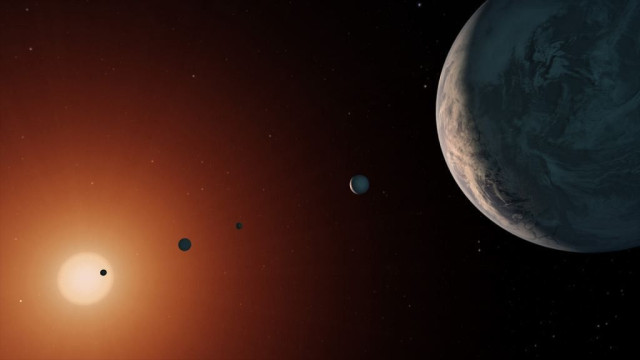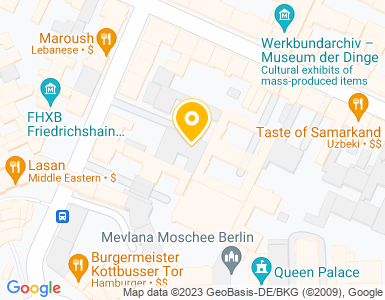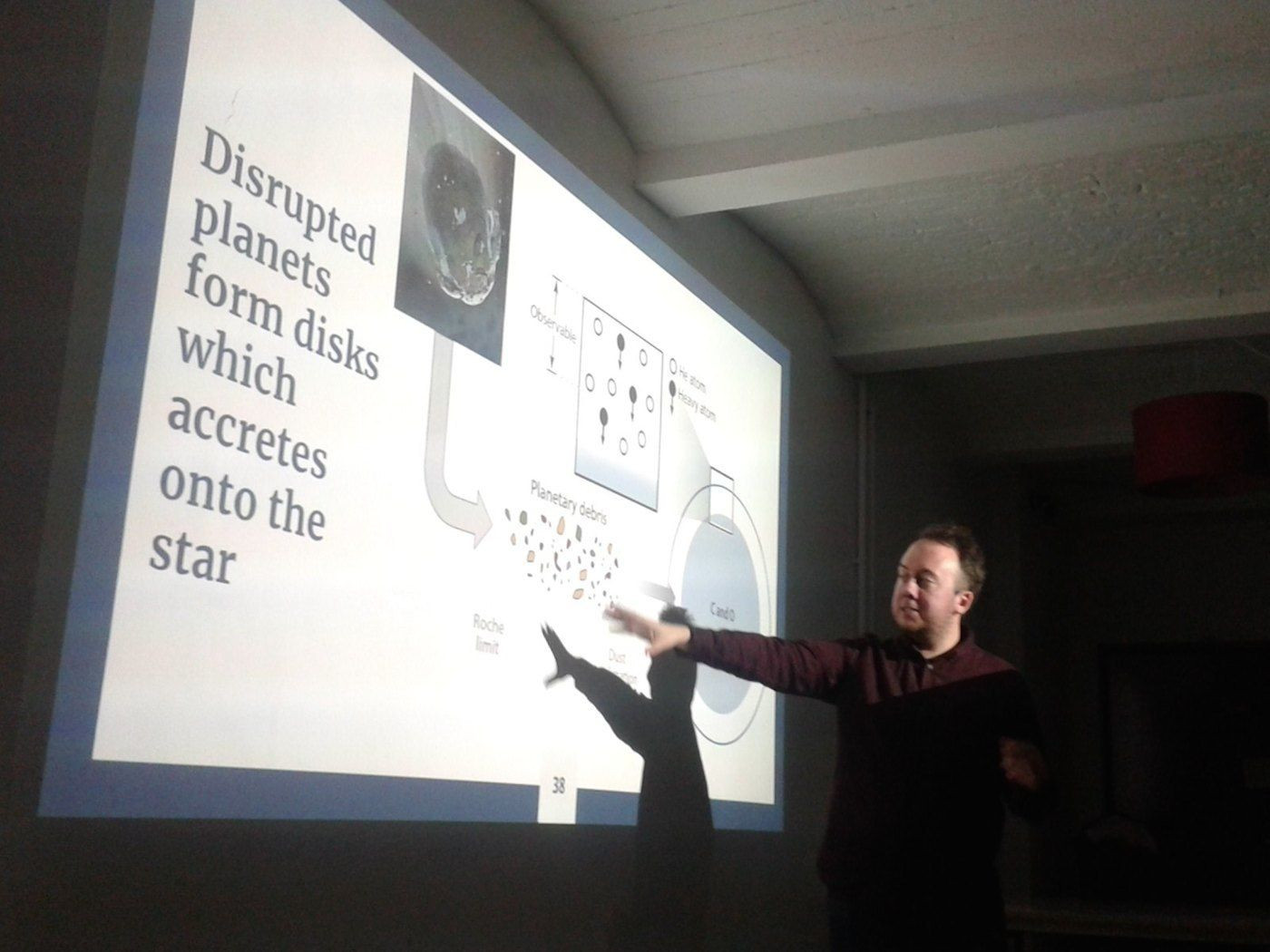
Hi everyone,
the next presentation will deal with the hot topic of planets orbiting around other stars. Please mark your calendars.
ABSTRACT supplied by the speaker:
Planets, moons, asteroids, and comets have fascinated professional and ameteur astronomers alike for millenia. Observations by astronomers such as Galileo Galilei, Johannes Kepler, and Edmund Halley revealed substantial knowledge about the current state of the Solar System, but it has only been over the past half a century that astrophysicists have been able to probe the complete life of a planetary system thanks to the development of space- and ground-based telescopes.
In this talk, I will discuss the current state of knowledge in answering questions such as; How do planetary systems form? Are there Earth-like exoplanets? What happens to planetary systems when their stars die? By highlighting key missions and telescopes I will go through the life of a planetary system. From how ALMA observations of dust and gas teach us about planet formation, to how Kepler has expanded the zoo of known exoplanets by over 100 times, to how the Hubble and Spitzer space telescopes have revealed the end state of planetary systems including our own Solar System. Finally, I will highlight some upcoming missions and telescopes that will provide further valuable insight into the life of planetary systems.
===
ABOUT the speaker:
Thomas Wilson is finishing his PhD at University College London, studying the remnants of planetary systems around white dwarf stars in order to learn more about the composition and architecture of exoplanetary systems. He has also conducted research into the formation and evolution of Solar System comets. He spent 18 months working as a support astronomer operating the Isaac Newton Telescope in the Canary Islands and contributing, among other things, to the discovery of 3 new Near-Earth Asteroids.
He holds a Masters of Physics at Cardiff University on exoplanet systems, while he has completed internships at NASA Goddard Space Flight Center and at the European Space Astronomy Centre, Spain.
===
Feel free to prepare and ask questions. It would be also nice to donate 2€ for a drink at the space, as we are getting it for free.
Thanks and see you there!
Ioannis Kamaretsos




There are no comments. Be the first one!